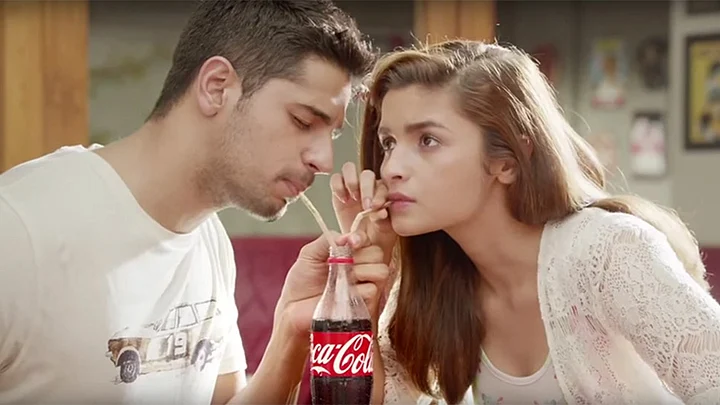Despite plenty of speculation about the harmful effects of Coca-Cola, children still seem to love it, even crave it. However “widely known” the dangerous side-effects of these substances may be, it is often considered a must-have in every household.
“Anil,” said my mother to my father one day, “We must stop getting Coca-Cola home. It is poisonous and extremely harmful for our health.”
My father replied in the affirmative.
Mother went on, “I was reading an article by the National Institute of Nutrition today. It recommends 20-25 grams of sugar intake in a day. A can of Coke, on the other hand, contains eight tablespoons, which is almost 120 grams!”
“We’ve been drinking poison”, she added.
We may have stopped getting Coke at home, but Coca-Cola continues to sell out as millions of families stock up on the beverage.
A typical Indian diet consists of foods that are rich in carbohydrates. Carbohydrates are essential for the body but consumed in excess can lead to various problems, with sugar emerging as a major dietary villain.
According to an IMaCS report, over the last five decades, sugar consumption in India has risen from five percent to 13 percent. Add to that a litre or two of Coke every week and here is a ready recipe for obesity, diabetes and tooth decay!
A Paediatrician’s & An Ex-Employee’s Take
Dr Vipin Vaish, a paediatrician, says Coke is harmful and should be avoided, especially by children.
Coke is acidic and replete with calories which cuts a child’s diet tremendously. It contains caffeine which is dangerous for children and leads to disruptive sleep patterns.
In a scathing report, Chris Hemmings, a former Coca-Cola employee, deconstructs how the company markets itself to discredit reports that deem its products as “harmful”.
Chris HemmingsWe allow companies like Coca-Cola to sponsor FIFA, the Olympics and the Rugby World Cup without so much as questioning the ethics behind such a decision. By pouring millions of our diabetic dollars into these events, we start to associate physical activity with fizzy drinks. It’s ludicrous, and yet remains unchallenged.
Environmental Damage
In the Indian context, Coca-Cola has allegedly caused as much harm to the environment as it has to people. The world’s largest beverage company is said to be “drinking India dry” as its production plants consume large amounts of water.
Fun Fact: It takes 2.7L of water to produce 1L of Coke.
In Kerala for instance, a Coke plant was forced to stop in 2004 as it was contaminating the ground water. A Coca-Cola spokesperson later told The Guardian:
We have a genuine commitment to adequate and equitable access to water. We have reduced our water use ratios in India by 24 percent between 2000 and 2004. We have installed rainwater harvesting systems in 26 of our plants so far.
Coke’s Take
Coca-Cola believes that it takes regular measures to become a socially responsible corporate. It has employed stop-gaps in its production plants as well as used medical knowledge intelligently to provide a healthy drink for all.
Coca-Cola to The QuintAs a company, we want people to enjoy our drinks in moderation and as part of a healthy diet and lifestyle. In India, we offer low and no calorie options such as Diet Coke and Coke Zero. We also are committed to marketing our drinks responsibly. We do not advertise to children under 12 and also provide clear nutritional information, including calories, on all our packages.
(At The Quint, we question everything. Play an active role in shaping our journalism by becoming a member today.)
